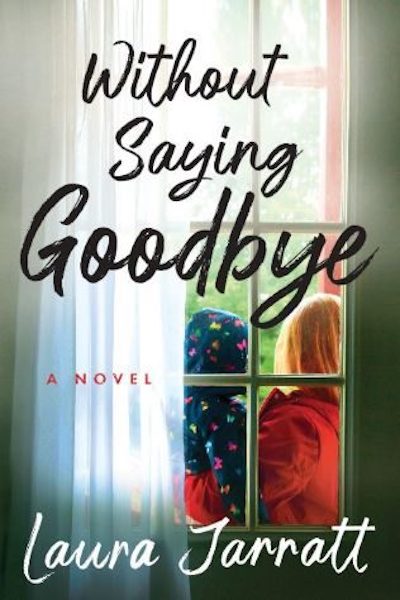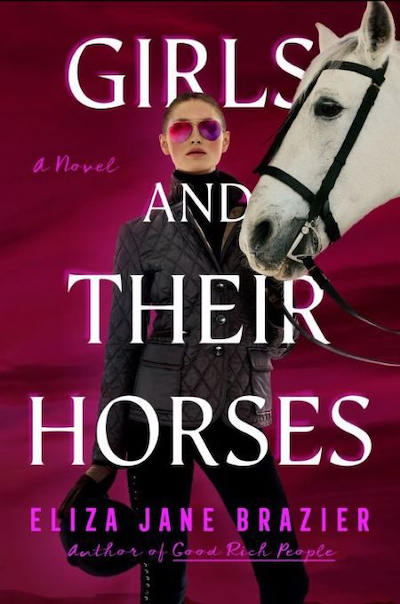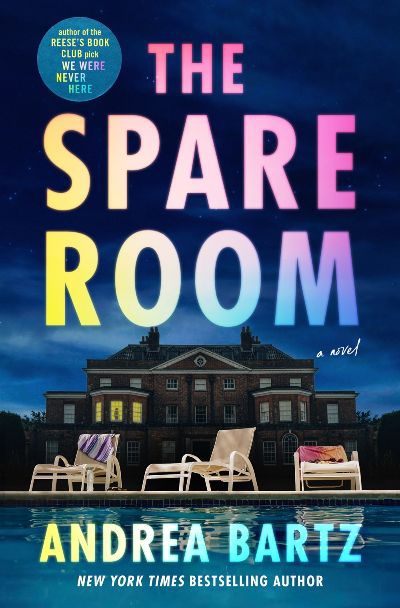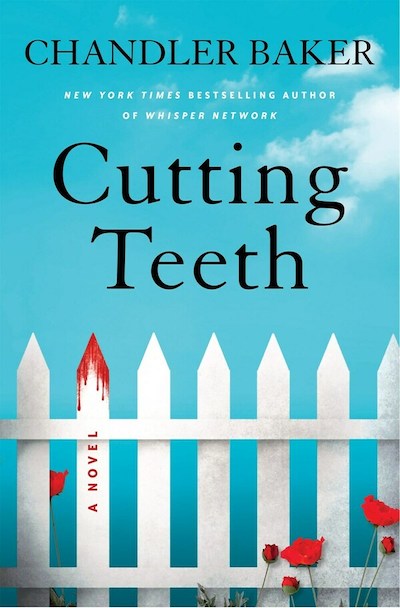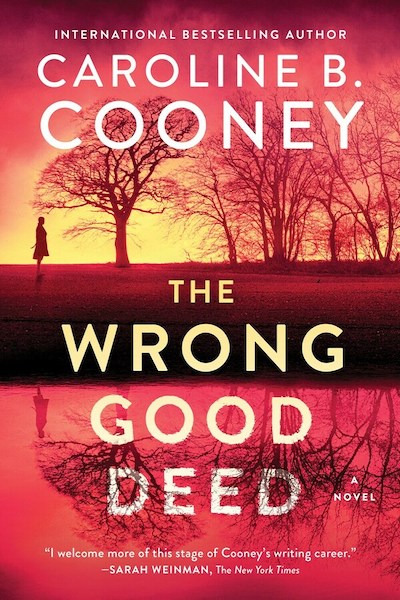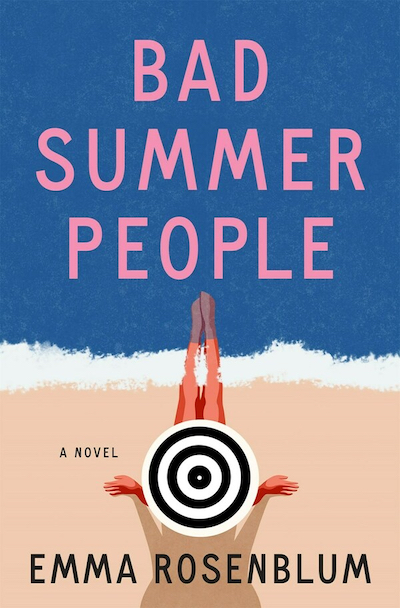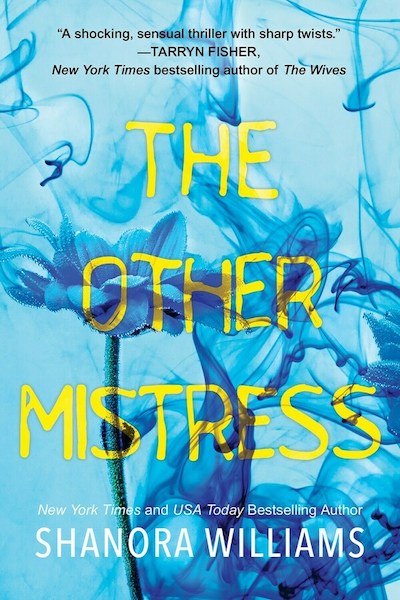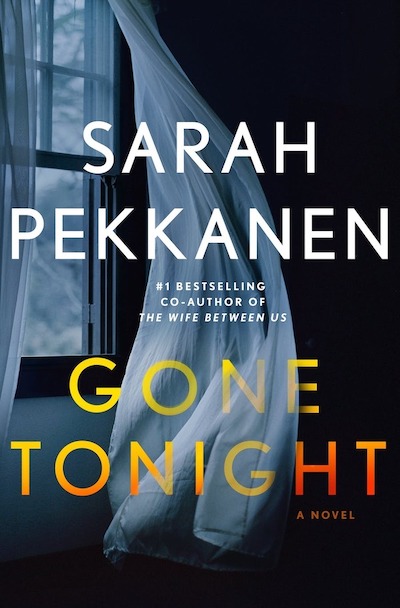Cerys and Lily have fled their homes for very different reasons, but they end up in the same place, both emotionally and physically: at their wits’ end in a miserable Wales park, where together they embark on restarting their lives.
Lily might be the most terrified young mother Cerys has ever seen. She grew up in foster care and had only a drug-addicted mother as a role model before that. That doesn’t explain her terror, though, but Cerys sidesteps the whys—she has enough to deal with, having left her husband and grown children and attempted suicide the day before. The pair, along with Lily’s little boy, finds housing with a curmudgeonly old lady who threatens to shoot them if they steal anything, but becomes their refuge, and slowly build a new family.
All isn’t rosy though, and readers will remain in suspense, always waiting for the danger that Lily ran from—a verbally and physically abusive husband—to reappear. Jarratt maintains the tension throughout and does a superb job of portraying a victim who’s on the edge. If you enjoy a tale of triumph, along with perhaps throwing a book across the room when a character is that much of a bastard, this one’s for you.

